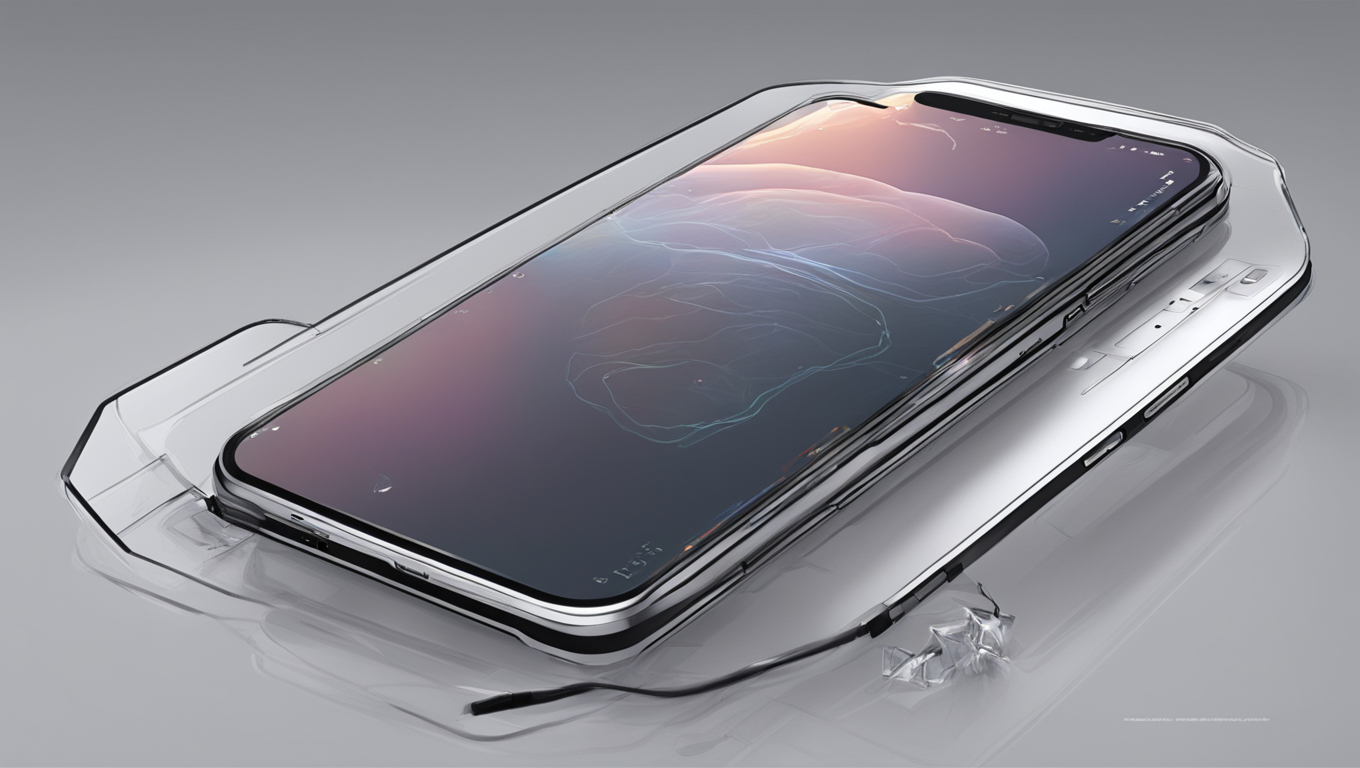At their recent Worldwide Developer Conference (WWDC) in 2024, Apple unveiled an exciting new suite of artificial intelligence (AI) features called the Apple Intelligence. These AI-powered capabilities will be available on devices equipped with the Apple A17 Pro and M1 chips and beyond. However, this announcement comes with a limitation: the Apple Intelligence features will only be supported on the iPhone 15 Pro models, excluding older generation iPhones and the baseline models in the latest iPhone 15 series.
During a talk show at the conference, Craig Federighi, Apple’s software engineering chief, explained that the Apple Intelligence features require specific hardware to function correctly. The iPhone 15 Pro and Pro Max are powered by the A17 Pro chip, which boasts a 16-core Neural engine. This component is responsible for handling AI workloads. Compared to the Neural engine found in the A16 bionic chip powering the vanilla iPhone 15 models, the A17 Pro offers increased processing power.
Apple’s head of the machine learning department, John Giannandrea, further elaborated on the hardware requirements. While older generation Apple devices might be technically capable of running AI models, Giannandrea mentioned that the experience would be unfeasibly slow. Inference, which is the process of running a large language model (LLM), requires significant computational power and also relies on a combination of device bandwidth and the size of the Neural Engine.
Addressing concerns that this limitation is a ploy to drive sales of newer, more expensive iPhone models, Greg Joswiak, Apple’s marketing chief, denied any such intentions. Joswiak indicated that if that were the case, they would have also restricted the Apple Intelligence to their most recent iPads and Macs.
This move showcases Apple’s dedication to providing the best user experience possible by ensuring that the AI features function optimally on devices equipped with the necessary hardware. By focusing on the iPhone 15 Pro and Pro Max models, Apple can offer users a seamless AI experience, leveraging the processing power of the A17 Pro chip and the 16-core Neural engine.
The Apple Intelligence offers a range of AI-powered features that can enhance the user experience, such as advanced image recognition, natural language processing, and personalized recommendations. With the increased processing power and RAM requirements, these features can operate smoothly, delivering fast and accurate results.
While this limitation may disappoint users with older iPhones or those who opted for the baseline iPhone 15 models, it highlights the rapid progression of technology. By incorporating cutting-edge hardware and software advancements, Apple continues to push the boundaries of what is possible with AI on mobile devices.
As Apple focuses on delivering the best AI experience on their latest models, it will be interesting to see how these technologies evolve and become more accessible in the future. For now, iPhone 15 Pro users can look forward to enjoying the full potential of the Apple Intelligence, benefiting from the AI-powered features that are poised to enhance their everyday lives.





Use the share button below if you liked it.